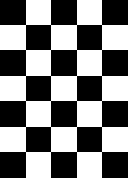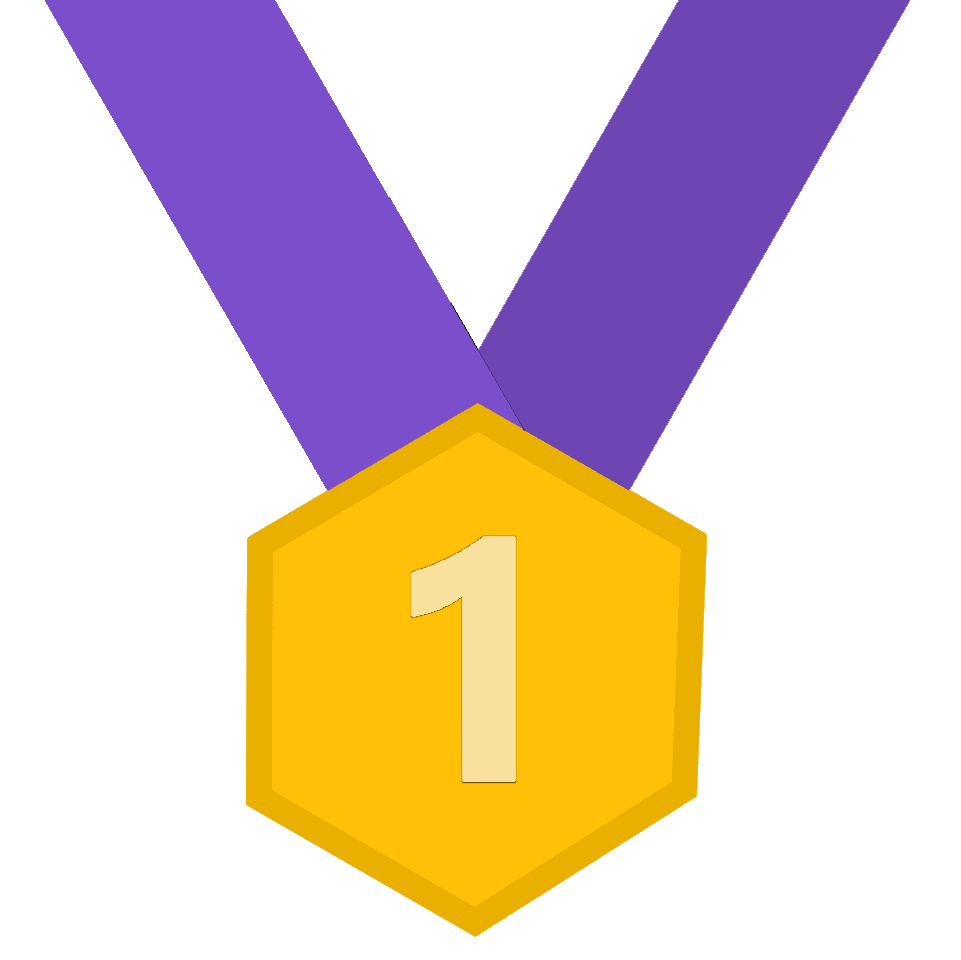
Geocentric model of the universe
Every body in the galaxy circled around the earth, including the sun. This was the Catholic Churches view and presumed model of the universe in midevil europe
Using specific observations to create general principles
Salon
private drawing rooms where wealthy Parisian women would have intellectual discussions with aristocrats
Charter of towns 1792
Catherine the great extended civl liberties to Russian Jews
Jean-Jacques Rousseau
A French man who believed that Human beings are naturally good & free & can rely on their instincts. Government should exist to protect common good, and be a democracy. Similar ideas to John Locke. Idea of the social contract
Philosophes
Social Contract
A voluntary agreement among individuals to secure their rights and welfare by creating a government and abiding by its rules.
Atheism
Diderot defined it as someone who knows about god, but actively rejects his existence
Middle and upper classes had more income, rise in demand for goods increased. People began wanting larger homes and more privacy and new venues for leisure
Urbanization
a cheap apartment building often crammed with people created in response to the influx of people moving into cities
Built a telescope and observed that other planets and moons, existed, and weren’t just balls of light
Johannes Kepler
Affirmed Copernicus’ findings and through complex math of his own, found that plants orbit in ellipses, not perfect circles
Reading Revolution
Rejected the humoral theory and claimed that chemical imbalances caused disease, meaning chemical remedies could be used to cure people.
Thomas Malthus (1766-1834)
Enlightened absolutists monarchs
Humoral theory of the body
A Vindication of the Rights of Women (1792)
Nicolaus Copernicus
Challenged the geocentric model of the universe through mathematics and put forward the heliocentric model, where everything orbits the sun.
Attacked mercantilist economics. Promoted laissez-faire, free-market economy, and supply-and-demand economics.
Natural rights
The idea that human beings, just by virtue of being human, possess rights like life liberty and property
Thomas Hobbes
There is no morality in the state of nature. You need government to order the chaos of nature
Denis Diderot
Copernicus and keplers books ended up on the index of prohibited books
These new ideas from Copernicus, Kepler, and Galileo are challenging established beliefs of the Catholic Church during the catholic counter reformation. The geocentric model fit nicely with scripture so the church stuck with it.
Galen
Ancient Greek doctor who advanced the humoral theory of the body
Further overturned Galen’s theory by proving how the circulatory system works
Coffee Houses
Grew with the increased demand for leisure during the consumer revolution and helped spread enlightenment ideas
Overall, religion was increasingly viewed as a matter of private, rather than public concern. Structures of society grew increasingly secular.
This allowed police officers to arrest any woman they suspected to be a prostitute. They were then permitted to give that woman an examination to prevent the spread of STDs. This is state-sponsered sexual assault.


